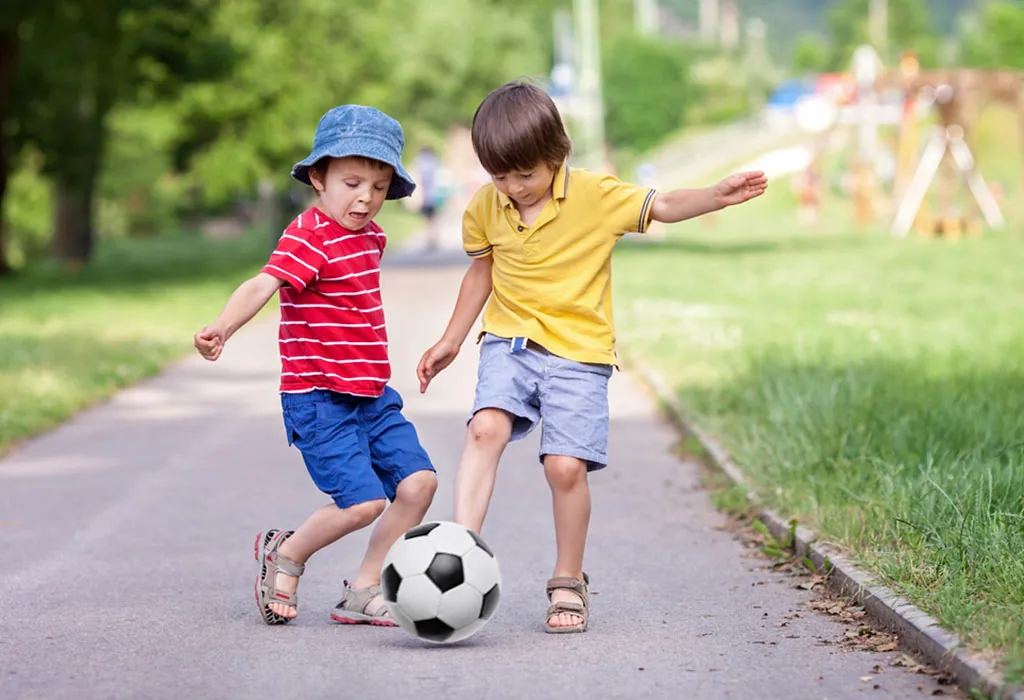Inspiring Lifelong Learners: Montessori Lessons and Activities That Boost Critical Thinking
Montessori education is a well-known approach that emphasizes independent learning and critical thinking skills. With the Montessori method, children are encouraged to explore their environment and engage in hands-on activities that promote problem-solving and decision-making. In this article, we will explore some of the Montessori lessons and activities that inspire lifelong learners and boost critical thinking.
1. Practical Life Activities
One of the fundamental aspects of Montessori education is the incorporation of practical life activities into the curriculum. These activities include tasks such as pouring water, buttoning clothes, or arranging flowers. By engaging in practical life activities, children learn essential life skills while enhancing their problem-solving abilities. They develop fine motor skills, hand-eye coordination, and the ability to focus on tasks, all of which are crucial for critical thinking.
2. Sensorial Materials
Sensorial materials play a significant role in the Montessori method. These materials are designed to stimulate the senses and help children understand concepts such as size, shape, texture, and color. Through sensorial activities, children learn to make logical connections, classify objects, and compare differences. These experiences strengthen their observation skills, critical thinking abilities, and overall cognitive development.
3. Language Exploration
Montessori education places a strong emphasis on language development. By providing a prepared environment with various language materials, including sandpaper letters and movable alphabets, children are encouraged to explore and develop their reading and writing skills at their own pace. The Montessori approach allows children to engage in activities that promote phonetic awareness, word formation, and sentence construction. These language exercises stimulate critical thinking as children work independently to decode and assemble words.
4. Mathematics Activities
Mathematics is another essential aspect of the Montessori curriculum. Instead of relying on rote memorization, Montessori mathematics activities focus on hands-on, concrete experiences. Through the use of manipulatives, such as number rods, golden beads, and spindle boxes, children learn mathematical concepts by manipulating physical objects. This hands-on approach fosters critical thinking skills as children explore number relationships, patterns, and operations.
5. Cultural Studies
Montessori education places great importance on cultural studies, which includes subjects such as geography, history, and science. By providing children with age-appropriate materials, maps, and models, Montessori classrooms inspire curiosity and critical thinking about the world around them. Children engage in research projects, experiments, and discussions, encouraging them to think critically, analyze information, and draw their own conclusions.
Montessori education is renowned for its ability to inspire lifelong learners and boost critical thinking skills. By incorporating practical life activities, sensorial materials, language exploration, mathematics activities, and cultural studies, the Montessori method provides a well-rounded approach to education. Through independent exploration and hands-on learning experiences, children develop problem-solving abilities, decision-making skills, and a lifelong love for learning.
Nidhin
For More Details Call: +917510220582
